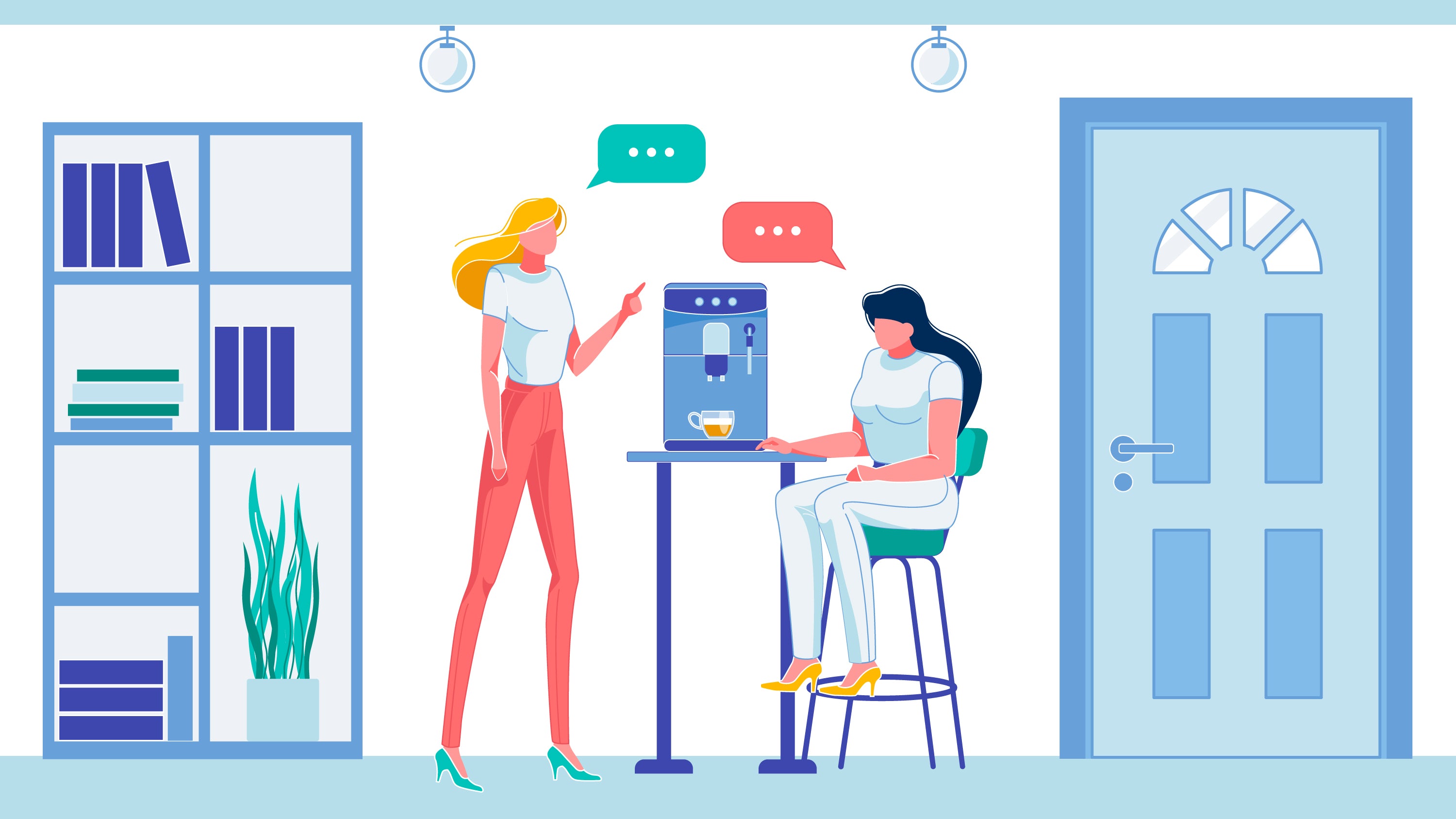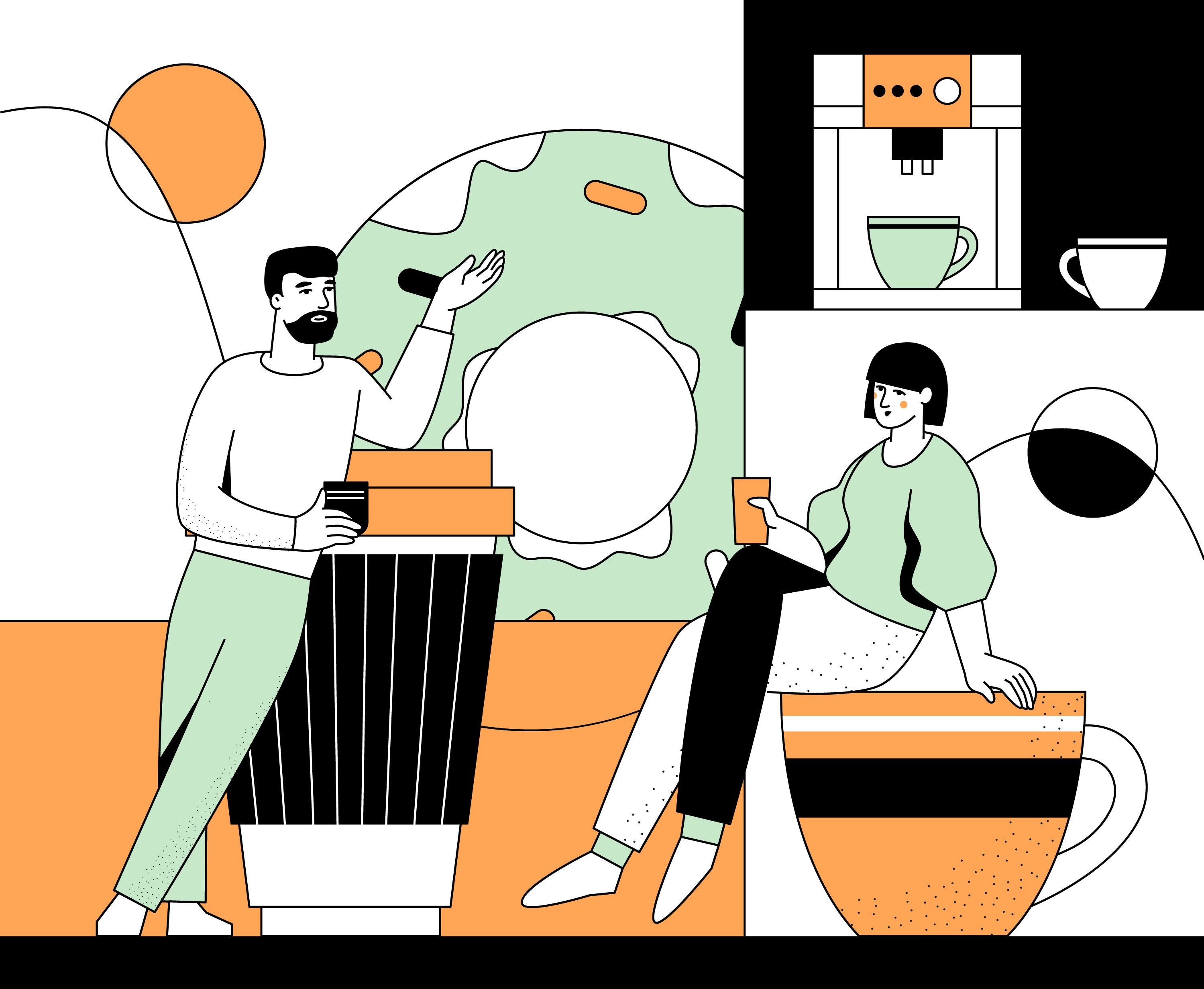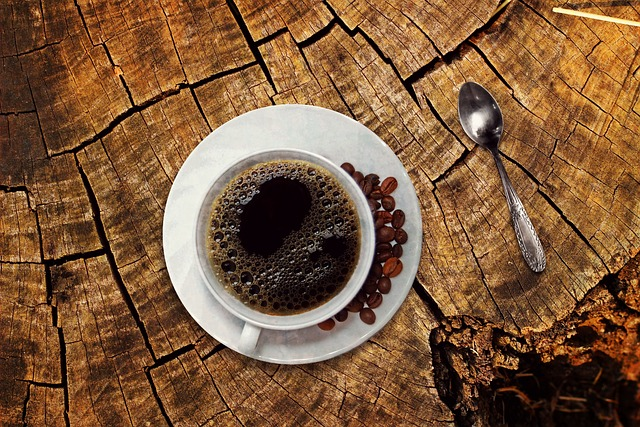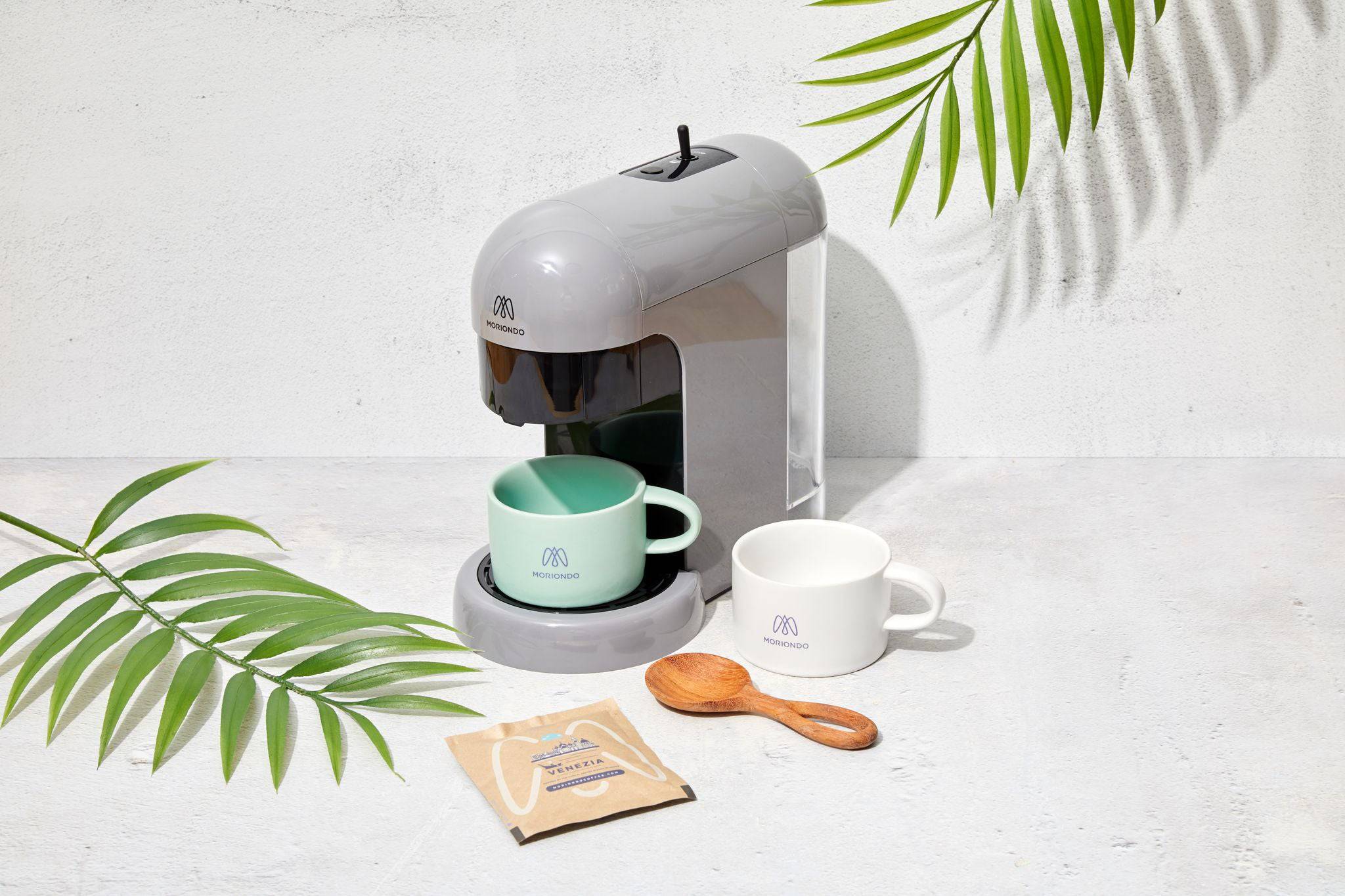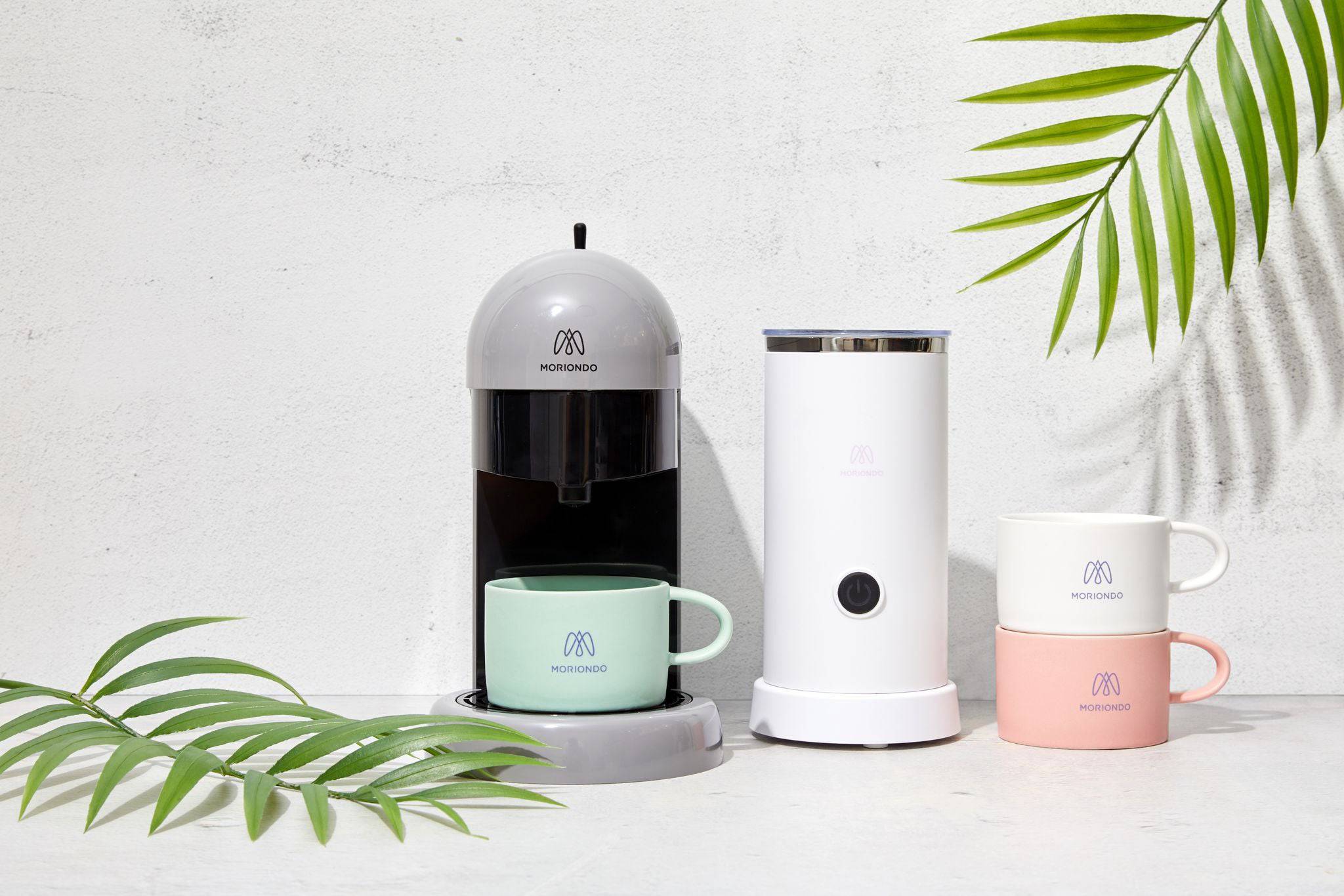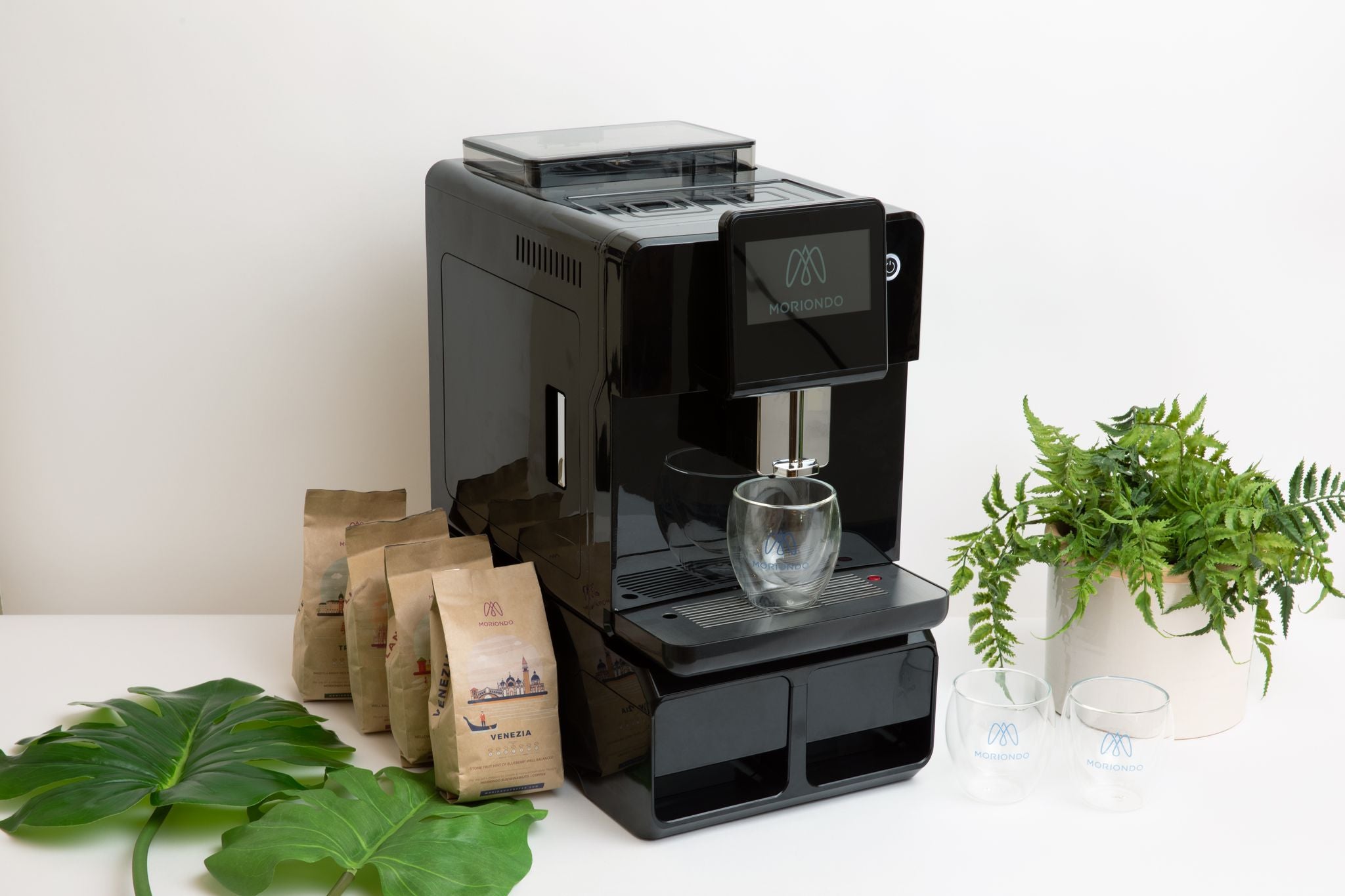Is Coffee a Diuretic?
Drinking coffee is one of life’s little pleasures. When you wake up in a morning, head downstairs, and pour yourself that first cup of caffeinated coffee, there really is no finer feeling.
As wonderful as it is to drink coffee, there are concerns that coffee, like energy drinks, could cause more harm than good.
Moderate daily coffee intake is generally considered to be perfectly fine. The problem with caffeinated beverages however, is that they could upset your fluid balance and lead to a higher urine output, which could cause dehydration.
But does coffee dehydrate you? Well, the answer to that question is not fully clear. Caffeine ingestion has been linked with poor hydration status, mild dehydration, and has been found to have a diuretic effect on the body.
So, we know that caffeine is a mild diuretic, but are coffee drinkers really at risk of dehydration? Does that morning cup of coffee really make that much of a difference and is coffee a diuretic? Keep reading for the answer.
What is a diuretic?

Is coffee a diuretic? Well, before we can answer that question we first need to look at what a diuretic is.
People drink coffee for many reasons. Not only does it taste good, but it can make us feel good too. The main downside to drinking coffee is the fact that it could interfere with your fluid intake, as a result of its possible diuretic effects.
A diuretic means that the body produces urine in greater volumes than usual. This basically means that you are likely to pee out more liquid than you can consume. When the body produces urine in this manner, urine production increases and you are at risk of fluid loss that could cause mild dehydration, or even severe dehydration.
A mild diuretic such as caffeine can be dangerous as it means your kidneys may produce more urine, which in turn means your fluid levels will drop. This is why it is so important to stay hydrated after we drink a cup of coffee. If not, the kidneys respond negatively, which could have diuretic effects on the body and cause dehydration.
Why do people drink coffee?

As mentioned, drinking coffee in a morning is one of life’s many pleasures.
People drink coffee for numerous reasons, though primarily it comes down to its high caffeine content. There’s a reason why decaf coffee and caffeine free coffee is nowhere near as popular as a normal coffee with a high caffeine content.
The caffeine in caffeinated beverages such as instant coffee, helps people to perk up and feel more alert and energized, especially in the morning. Caffeine free coffee just does not have that same effect. We’ll learn more about caffeine next, but for now, we just need to know it is a stimulant that coffee drinkers can’t get enough of.
Coffee also tastes great, and with so many varieties of roasted coffee bean to choose from, with each one offering its own unique flavour profiles and characteristics, we can see why coffee shops all over the globe are so popular.
What is caffeine?
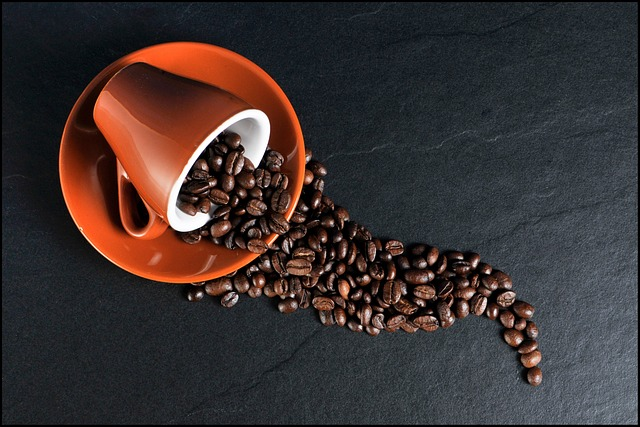
Caffeine is a naturally occurring stimulant found to stimulate the central nervous system, while also unfortunately providing diuretic effects.
Caffeine intake is so popular because, one consumed, the caffeine stimulates the central nervous system and can provide numerous benefits. Not only do caffeinated beverages help us to feel more awake and alert, they can also provide us with more energy as well. This is why coffee intake has been linked with improved physical performance.
The reason why supplements designed to improve physical performance contain so much caffeine, is because the stimulant just works so incredibly well at energizing the mind and the body.
Not only does caffeine stimulate the CNS, it has also been found to boost the circulation of chemicals in the body such as cortisol and adrenaline.
The downside of course, is that it is difficult to maintain fluid balance when we consume beverages which promote fluid loss, such as caffeinated coffee.
What is considered a moderate daily coffee intake?
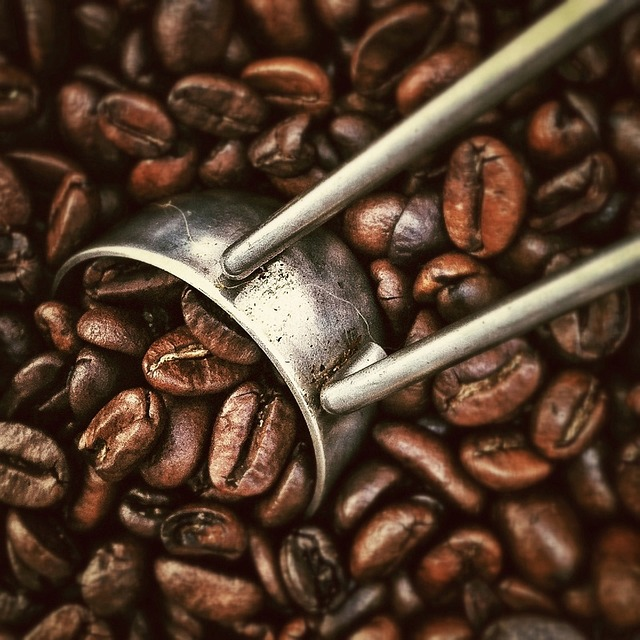
In order to understand why drinking too many cups of coffee per day can be bad for our hydration levels, we first need to learn more about what is considered a moderate amount of coffee to be consumed each day.
Now, as far as healthy amounts of coffee are concerned, according to the FDA, we should consume no more than 400mg of caffeine per day. For most adults, this is the equivalent of around four or five cups of coffee per day.
To help you avoid the negative effects of too much caffeine consumption, try to limit your caffeine consumption to a max of 400mg per day, or 4 – 5 cups of instant coffee, or any other variety that you like.
Is coffee a diuretic?
One of the reasons why people are concerned about the safety of coffee, is because of the fact that they believe it to be a mild diuretic and have a mild diuretic effect on the body.
Diuretics can be dangerous as they can cause kidney damage, and can lead to all manner of health issues related to serious dehydration and low fluid intake levels.
While studies carried out in the past into the potential diuretic effect of coffee on hydration levels have found that people that drink coffee tend to lose more fluid because of the large amounts of urine they produce, it’s not all doom and gloom.
Yes, we do produce large amounts of urine when we drink coffee, and we do need to urinate more, but our fluid levels do not drop low enough to cause any fluid loss issues relating to dehydration if we drink the right amounts of coffee per day.
As long as we drink as much fluid as we can, we can avoid serious dehydration and any similar health issues associated with coffee consumption. The key is to drink just the right amounts and monitor our water intake in the process.
What are the signs you’re drinking coffee too frequently?
Even though we now know that coffee does not affect our hydration status if we drink it in the right amounts, there are risks associated with too much.
If you drink too much coffee and take in too much caffeine, this can lead to all manner of health risks, especially relating to excess coffee consumption and dehydration.
Coffee drinkers that drink too much coffee often experience excessive thirst, an upset stomach, and a negative effect on endurance exercise. Signs of dehydration also include headaches, dark coloured urine, aches and pains around the body, dry skin, and trouble focussing.
High doses of caffeine can also cause headaches, elevated blood pressure, anxiety, energy crashes, more urine than usual, jitters and shakes, and even withdrawal symptoms caused by caffeine addiction.
Is coffee safer than energy drinks?
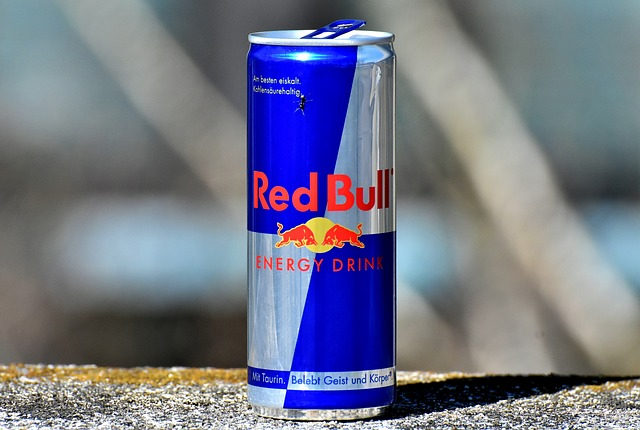
Absolutely!
One energy drink contains far more caffeine than a cup of coffee, as well as other stimulants.
Energy drinks are also packed full of sugar and artificial chemicals and sweeteners that have been linked with a wide range of health issues in adults, young and old alike.
Energy drinks contain such large amounts of caffeine that they can increase a person’s risk of suffering from a heart attack. The caffeine can also permanently increase their blood pressure.
If it comes down to choosing between whether instant coffee is safer and healthier than an energy drink, the coffee will win every single time.
References:
Good Tasting Coffee: How to Identify Coffee Flavors

In order to appreciate the different types of coffee available, it's important to cultivate an awareness of its unique characteristics. Let's take a look at the way coffee connoisseurs judge different cups of coffee.
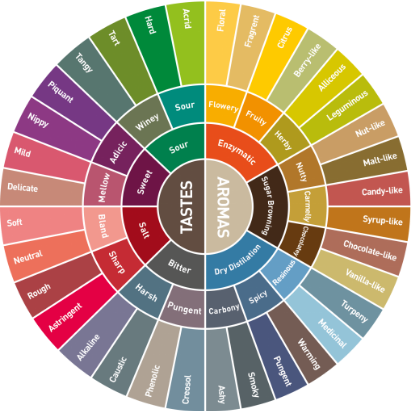
Aroma
The scent of a cup of coffee has a direct influence on how we perceive its flavor. As you drink coffee try to notice if the scent is smoky, fruity, earthy, spicy, nutty or grassy.
Acidity
One of the most defining characteristics of a cup of coffee is its acidity. This is the sharp, bright tangy quality of coffee that perks up our senses. Coffee doesn’t necessarily contain just one type of acid, either. It may contain citric acid, malic acid (fruity in flavor) or even quinic acid from stale coffee, which gives us stomach aches.
Body
This is the weight, thickness and texture of coffee in your mouth. The body of different types of coffee falls on a spectrum of light- to full-bodied viscosity (thin to thick).
Flavor
This is where comparisons come in handy and there is some overlap between aroma and flavor. Your coffee might taste bitter, sweet, savory or sour with common comparisons to chocolate, wine or fruit.
Related Posts

